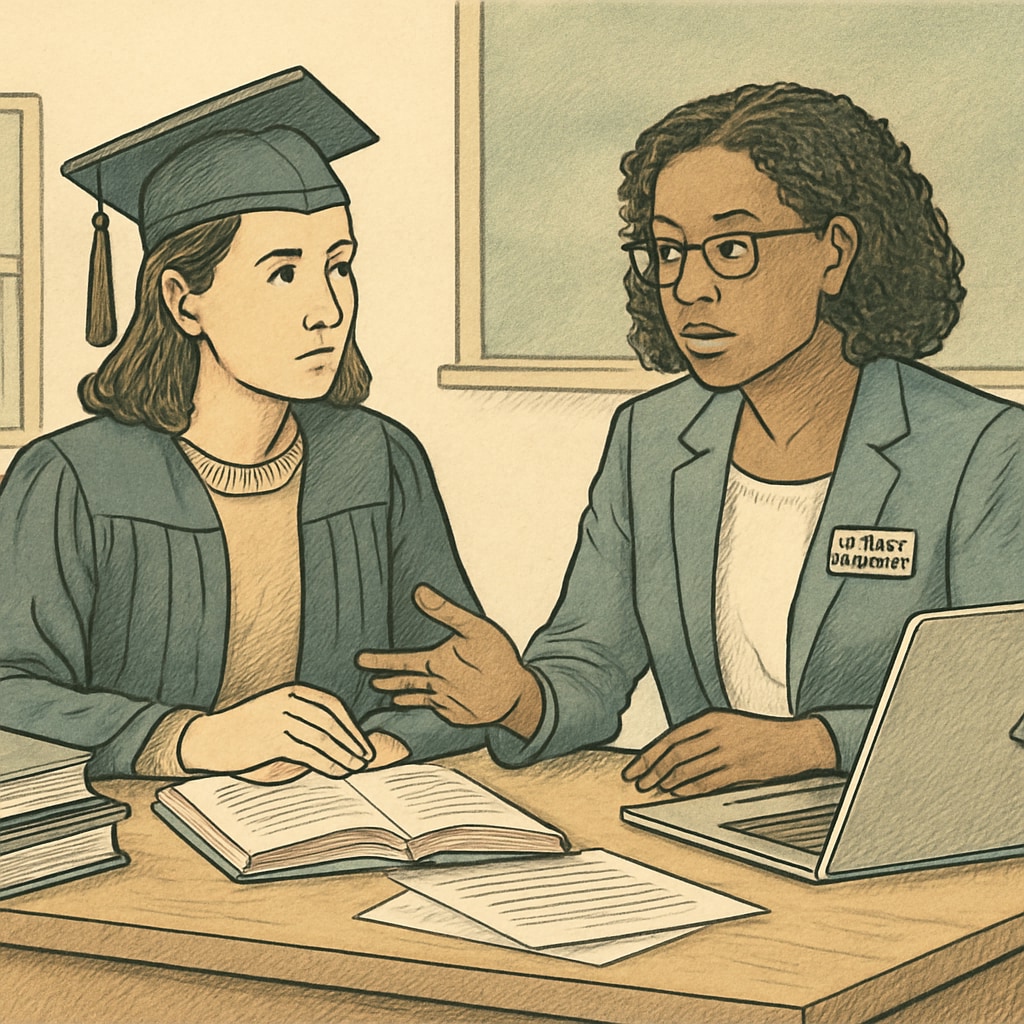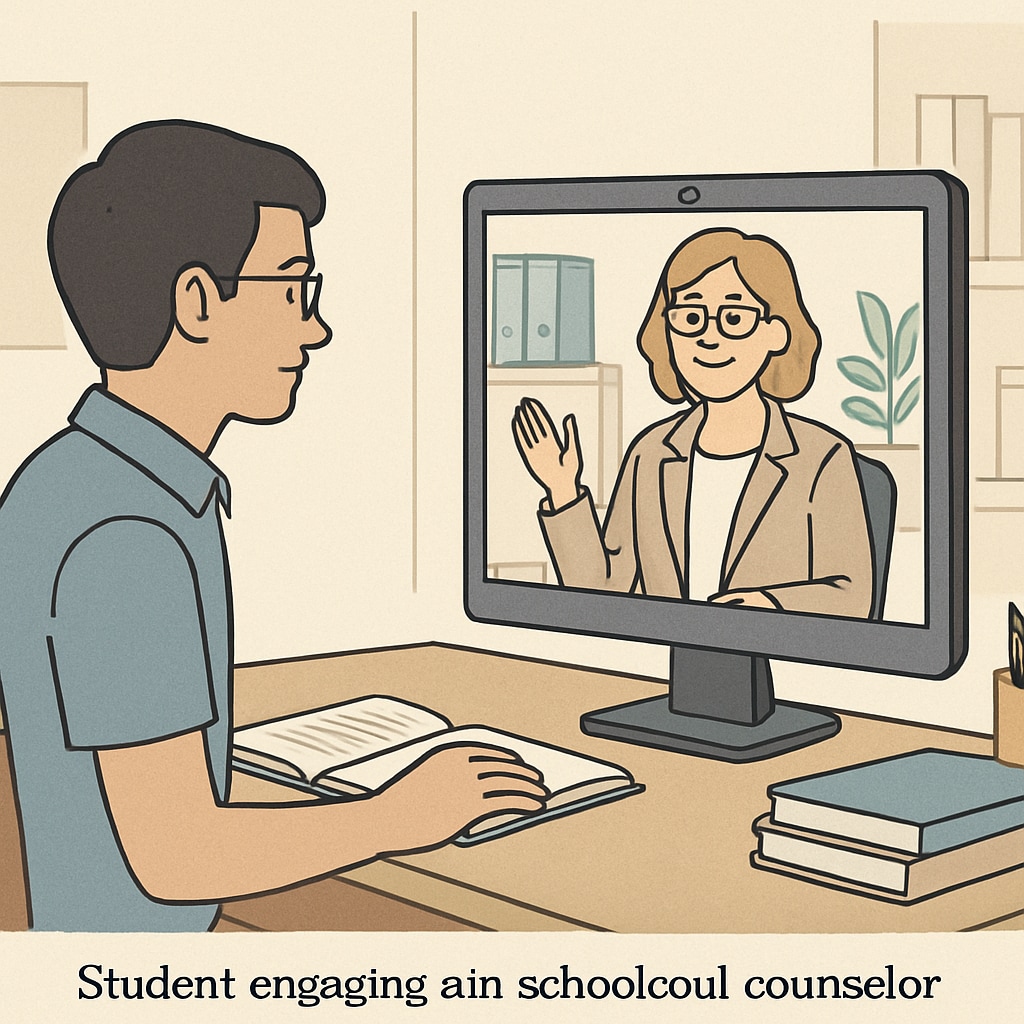Education graduate students frequently encounter difficulties when tasked with interviewing school counselors for assignments. This systemic challenge not only complicates their academic progress but also underscores a broader issue: the disconnect between academic research and educational practice. By addressing these barriers and fostering collaboration between researchers and practitioners, we can create a more integrated education ecosystem.

Understanding the Barriers to Accessing School Counselors
Graduate students pursuing research in education often rely on first-hand interviews with K12 school counselors to gain insights into counseling practices. However, they frequently struggle to find willing participants. This challenge stems from several factors:
- Time Constraints: School counselors are often overburdened with responsibilities, leaving little time for external interviews.
- Administrative Policies: Many schools have strict policies regarding external research, requiring complex approval processes.
- Privacy Concerns: Counselors may hesitate to discuss sensitive topics, fearing potential breaches of student confidentiality.
These barriers highlight the need for a systemic approach to bridge the gap between education researchers and practitioners. For example, easing administrative restrictions or creating platforms for structured collaboration could significantly improve access.
Strategies to Foster Collaboration Between Researchers and Counselors
To address these challenges, education programs and schools can adopt several strategies. These approaches aim to facilitate meaningful interactions between graduate students and K12 school counselors:
- Build Institutional Partnerships: Universities can establish partnerships with local schools to streamline the process of accessing school counselors. Memoranda of Understanding (MOUs) can clarify expectations and responsibilities for all parties involved.
- Leverage Professional Networks: Students can utilize professional associations such as the American School Counselor Association (ASCA) to find counselors willing to participate in research.
- Offer Flexible Interview Formats: Providing options like virtual interviews or asynchronous questionnaires can accommodate counselors’ tight schedules.

Bridging the Gap Between Research and Practice
The challenges graduate students face reflect a deeper issue: the gap between educational research and real-world practice. Researchers often focus on theoretical frameworks, while practitioners prioritize actionable solutions. To bridge this divide:
- Promote Mutual Understanding: Researchers should tailor their inquiries to address counselors’ practical concerns, ensuring the findings benefit both parties.
- Share Results with Participants: Providing counselors with access to research outcomes can demonstrate the value of their contributions and encourage future collaborations.
- Incorporate Practitioners into Research Design: Including school counselors in the early stages of research development can make studies more relevant and practical.
As a result, fostering these connections not only benefits individual graduate students but also contributes to the development of more practical and impactful educational research.
Conclusion: Toward a Collaborative Future
Overcoming the challenges of accessing school counselors for graduate research assignments requires a concerted effort from universities, schools, and professional organizations. By building partnerships, streamlining processes, and emphasizing the value of collaboration, we can bridge the gap between education research and practice. Ultimately, this will lead to more meaningful insights and better outcomes for students, counselors, and researchers alike.
For further reading on the role of school counselors in education, visit the school counseling page on Britannica.
Readability guidance: This article uses short paragraphs, clear subheadings, and actionable lists to enhance readability. The integration of external resources provides credibility, while the tone is professional yet accessible.


